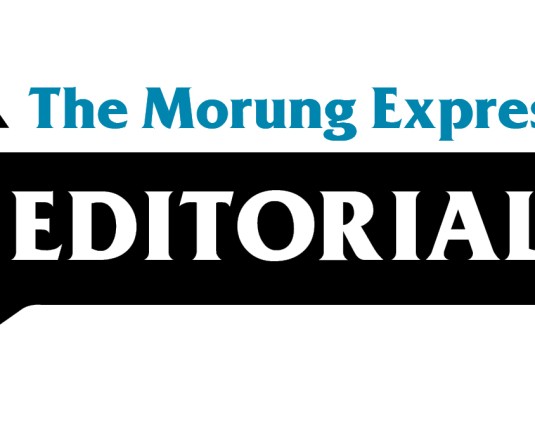
The country wide protests against the UPA government’s proposal to reserve 49.5% of seats in government run medical, engineering and management institutes is a stark reminder of the anti-Mandal days of the early 1990s when students across the country had gone on violent agitations to oppose the then V.P Singh government’s decision to implement the proposals of the Mandal Commission for 27% reservation of seats for the Other Backward Castes (OBC) category. As the anti-quota protests swirl across the country with more and more students coming out against the latest proposal, the country may once again come under the spell of quota politics and competitive populism. The issue that needs to be debated is whether such a proposal has a clear objective. It is also open to question on whether it is desirable to open the floodgates of quota politics in an age of global competitiveness.
Today, young people in general are becoming increasingly bitter over the prospect of having to be discriminated against. This could also be the reason as to why such disgruntled youths are seeking better opportunities abroad. It is also being argued that reservation has generated a tendency to suppress the inherent capability of the individual and that it will adversely bring down the efficiency of the system. There is some truth in such arguments as it makes people complacent. The quota system also views the individual as passive recipients rather than active participants in the development process.
Reservation per se however is not the issue here as the process itself has been given legitimacy by the constitution. However the question of how much, for whom and for how long remains a matter of contention and for which reasons, the vehicle of reservation itself has been driven for political ends rather than being aimed at the overall social and economic objective that it was meant to address in the first place. It has now close to six decades since this policy had been initiated. But close scrutiny suggests significant distortions in its implementation. Firstly, rather than helping the poorest of the poor, reservation is seen as benefiting the better off among these sections resulting in the formation of a separate elite class who usurp most benefits. Given this reality more and more people now look at quotas as attractive proposition prompting them to lobby for their inclusion in the reserved category. In response, politicians are only too eager to help with their eye on electoral politics.
As things stand, benefits of reservation has been hijacked by powerful caste lobbies and concomitantly the policy has been effectively used as a tool of vote bank politics by politicians instead of it being mobilized as a tool of social justice. As a matter of policy, the government instead of expanding the scope of reservation into the hitherto unknown area of professional education, it would be more desirable if the concerned ministry makes a serious effort to make the present reservation system more rational, scientific and effective for it to become a viable tool of social change and in order that the real benefits are passed on to those for whom it is meant.





